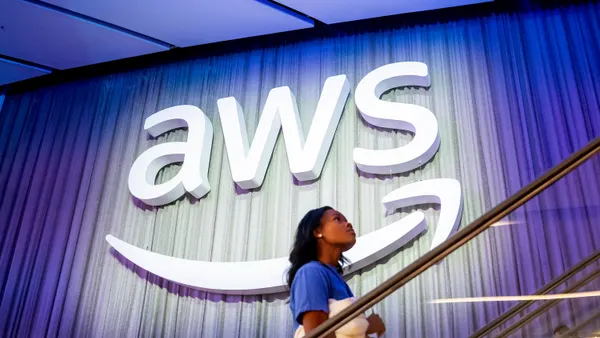Dive Brief:
-
Artificial intelligence is set to bring many opportunities to the U.S. and the potential positive or negative effects of "AI-driven automation will be felt across the whole economy," the White House said in a report released Wednesday about how AI will shape the U.S. economy in the coming years.
-
Though the advancements in technology hold potential, policymakers should be prepared for changes in the skills demanded by the job market, the report warned. "Accelerating AI capabilities will enable automation of some tasks that have long required human labor," according to the report. "These transformations will open up new opportunities for individuals, the economy, and society, but they will also disrupt the current livelihoods of millions of Americans."
-
While AI could potentially have little negative impact in the near term, at the extreme the "economy might experience a larger shock, with accelerating changes in the job market, and significantly more workers in need of assistance and retraining as their skills no longer match the demands of the job market."
Dive Insight:
The White House has taken a broad interest in AI and its potential effects on the economy. In October, the White House released a report about what the administration views as the future of AI.
"The Administration believes that it is critical that industry, civil society and government work together to develop the positive aspects of the technology, manage its risks and challenges, and ensure that everyone has the opportunity to help in building an AI-enhanced society and to participate in its benefits," according to the October White House announcement.
But an AI economy has its drawbacks. Though many like to uphold the promise of AI, across sectors there is concern about the technology's potential negative impact on jobs. A recent Forrester report predicted automation supported by intelligent software agents will be on the rise in the next five years, accounting for the elimination of a net 6% of U.S. jobs.
Part of the answer to curb the disruption is education, while continuing to invest in AI "for its many benefits." The White House says AI will require a new level of workers who have a higher level of technical skill and in many cases will need retraining. It is likely there will also be a uneven distribution of AI's impact, between different sectors, wage levels, jobs and education levels according to the report.












